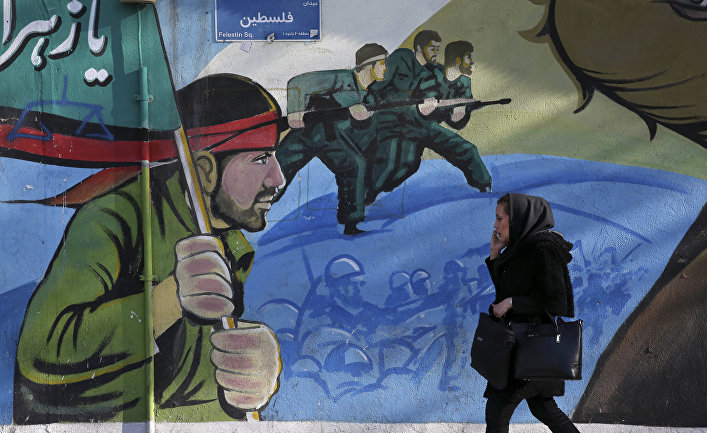The implementation of the nuclear deal with Iran has marked a new era for the Islamic Republic, which has been in conflict with the US for too long, a conflict which Lebanon has paid for dearly. This is the most significant event for Tehran since the Iranian revolution of 1979, lead by the country's current supreme leader, the Ayatollah Ali Khomeini.
The nuclear deal with Iran has significant historical weight. Although it might not resolve all the differences between Washington and Tehran, it is a landmark development that Barack Obama, at the end of his second presidential term, reached a nuclear agreement with Iran's president Hassan Rouhani. The results of the deal will certainly extend globally. Could this be a blank page for the US/ Iran relations? Changes will certainly have its political effects on international relations in general, and on the Middle East in particular.
The Iran nuclear deal: where words worked, not weapons https://t.co/R7TKWIibMx pic.twitter.com/baOlOXFS8D
— The Economist (@TheEconomist) January 20, 2016
Given the state of the Middle East torn apart by wars and conflicts, the nuclear agreement implies a certain common understanding between the US and Iran. This, of course, doesn't mean that the ideological disagreement has been resolved. Ideologies are moved aside in favor of mutual interests between the two states that have confronted each other for a long time in different spheres on global fronts, which extend from the Middle East, to Asia, and Latin America.
Now for the first time in 35 years Iran has a different image in the world prior to the nuclear deal. The Islamic Republic will be seen less militaristic, yet staying as one of the strongest states in the region, with political, economic, and cultural influence on international policies. Iran has endured a blockade led by the US since the revolution of 1979, confronting Washington on different political and economical fronts. The harshness of the US's global economic war was experienced by a few countries — Egypt in the time of Jamal Abdul Nasser, or Fidel Castro's Cuba.
Iran & US underway to restart direct flights after 36-year pause https://t.co/MvpjKkEezx pic.twitter.com/4iOYkycTHD
— RT (@RT_com) January 26, 2016
Certainly Barack Obama sees the Iran deal as his foreign policy achievement. He has chosen to start his last year in office by declaring this historic accomplishment (probably to avoid the politicized criticism of the Congress). It is also important to note that Iran, in turn, provided the necessary cooperation and effort to make this agreement happen. Perhaps this achievement for Iran is even more important as its recent victories on the world-wide front that included Syria, Iraq, Lebanon, and Yemen. A new phase of history has started, but unfortunately Arabs are not in a good position in this phase.






